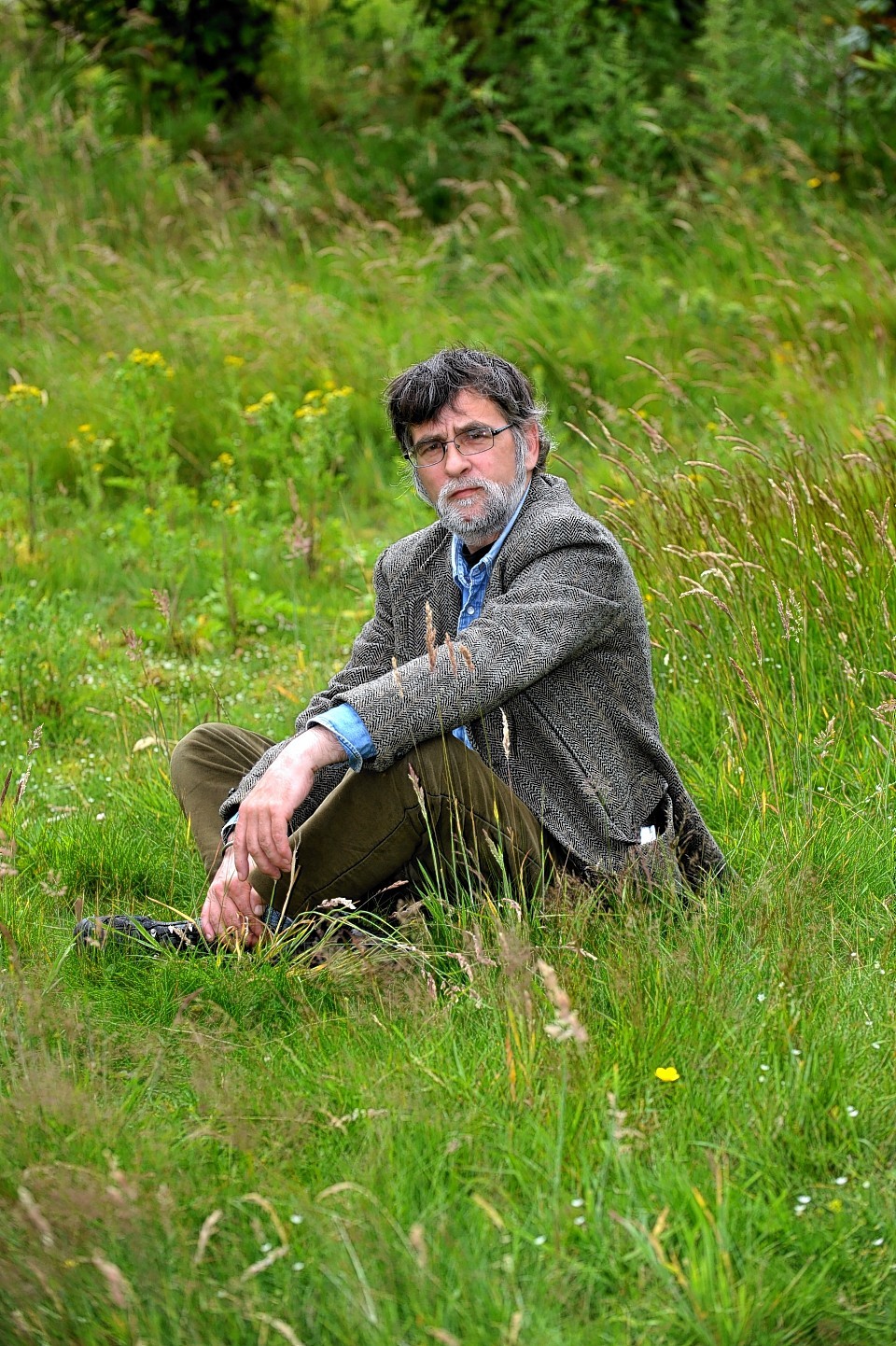A member of Highland Council told a ground-breaking conference in the north yesterday that the war on drugs is lost and the issue is now one of damage limitation.
Donnie Kerr, Inverness, was taking part in a discussion which split opinion among a panel of invited guests at the gathering.
Harm Reduction Now and the Future, hosted by NHS Highland, which was held at Macdonald Aviemore Resort, was the first of its kind to take place in the region.
It was followed by the open debate, with questions posed by delegates on a range of issues, including the legalisation of certain drugs, the stigma of addiction, and social issues.
Joining Mr Kerr were Mark Bitel, of Independence from Drugs and Alcohol Scotland; Professor Neil McKeganey, from the Centre for Drug Misuse Research in Glasgow; Neil Hunt, a freelance researcher; Kevin Jaffray, a drugs worker; and Eliza Wheeler, from the Drug Overdose Prevention and Education (DOPE) Project in San Francisco.
Mr Kerr said the war against drugs was lost in the 1970s, and said that alcohol is the most problematic issue raised by constituents in his Inverness Central ward, adding that it is “a legalised drug that most people take in a sensible manner, which is also the case with recreational drugs.”
Older people in his constituency are against legislation to decriminalise drugs though, while so-called legal highs is a growing problem.
Legalising softer drugs like marijuana will lead to more problems, said Prof McKeganey, citing an American city as an example.
He said: “Colorado now has more outlets for marijuana than there are Starbucks it is so widely available, but it is leading to more traffic accidents and teenagers being sold it underage.”
Ms Wheeler disagreed, saying that the majority of people locked up in US prisons are low-level drug users, and that data from other countries indicates a level of success in decriminalisation.
She added: “I can’t see any other way of moving forward than taking a risk on the issue.”
More understanding on the social issues surrounding drug addiction is also needed, said Kevin Jaffray, from Scotland originally but now based in Bedfordshire, where he is a founder-member of the Service User Strategy For Self Empowerment and Development (SUSSED).
He said: “It is not where you are, it is about how you got there.”
